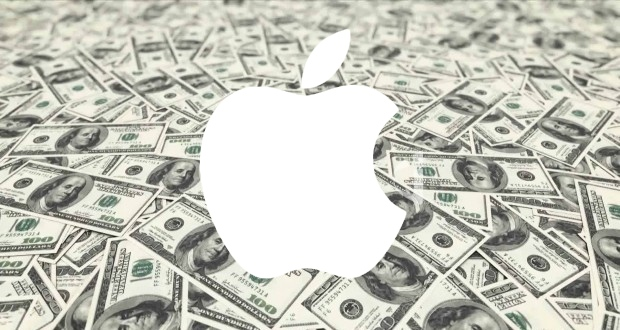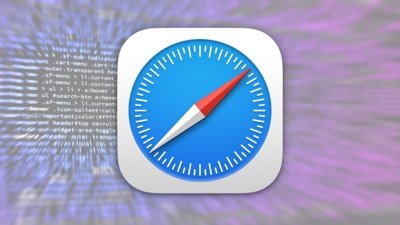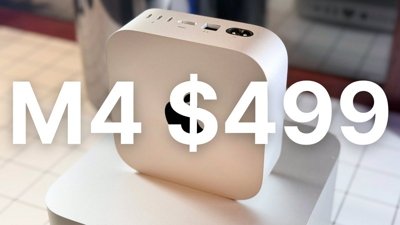While Apple in the past has asked the U.S. government for a so-called "tax holiday" that would allow it to bring its massive cash hoard back to America, the iPhone maker may finally get its wish, as both Democrats and Republicans from the U.S. Senate said they are considering a one-time tax break.
Senators hope that a temporary reduction in taxes for bringing money back to the U.S. will replenish the federal Highway Trust Fund for road construction and repairs. The program is set to run out of funds by the end of August, according to Reuters.
Apple would potentially be the largest beneficiary of a U.S. tax holiday, as the company had $156 billion in cash at the end of its last quarter, with just $18 billion of it held domestically. The company indicated at the time that it has no plans to repatriate the massive $138 billion it holds overseas, saying that the high taxes it would be hit with would not be a valuable decision for shareholders.
The company has lobbied numerous times for a tax holiday that would incentivize bringing that money back to the U.S. Under current tax laws, companies face a 35 percent tax rate on profits generated outside the country.
As of last quarter, Apple held $156 billion in cash, with $138 billion of it overseas.
The last repatriation holiday in the U.S. came in 2004, when corporations were allowed to bring foreign profits at a tax rate of just 5.25 percent. That one-time offer came well before the introduction of Apple's iPhone, which has propelled the company to become one of the most profitable businesses in American history.
While a one-time tax holiday could be advantageous for Apple, the company has urged the U.S. government to enact more comprehensive tax reform that company officials believe could be beneficial for the economy. Last year, Apple urged elected officials to consider corporate tax reform with four key points, saying that any changes should:
- Be revenue neutral
- Eliminate all corporate tax expenditures
- Lower corporate income taxes
- Implement a reasonable tax on foreign earnings that would allow free movement of capital back to the U.S.
Apple is the largest corporate taxpayer in America, having paid $7 billion to the U.S. Treasury in fiscal 2013. Apple has said its payments account for $1 in every $40 in corporate income tax the U.S. Treasury collected last year.
Apple and other companies pay a notoriously low international tax rate thanks to the use of corporations in Ireland, where the laws allow for legal tax havens to be established. The U.S. government investigated Apple and found that the company's international tax policies did not break any laws, though the European Commission announced earlier Wednesday that it also plans to investigate Apple for potential tax evasion.
Officials at Apple have adamantly claimed that the company pays all of the taxes that are legally required of it.
"Every single dollar," Chief Executive Tim Cook said last year. "We not only comply with the laws, but we comply with the spirit of the laws."
 Neil Hughes
Neil Hughes














 William Gallagher
William Gallagher
 Malcolm Owen
Malcolm Owen


 Andrew Orr
Andrew Orr
 Christine McKee
Christine McKee
 Sponsored Content
Sponsored Content
 Wesley Hilliard
Wesley Hilliard








112 Comments
If they do this after the big boom multi product release this fall they're going to need a bigger boat.
This seems like a no brainer to get $7.2 B of free money.
I think a 10-15% tax rate would be ok to repatriate the cash. I am a shareholder and US citizen.
As the world becomes global in economy the tax laws need reforming otherwise this same problem will present itself in another few years.
[quote name="Ireland" url="/t/180569/as-apple-holds-138b-overseas-us-senate-considers-one-time-tax-break-for-repatriating-cash#post_2548936"]This seems like a no brainer to get $7.2 B of free money.[/quote] At some point the US gov't will give in again. They certainly need the money more than Apple needs to bring it back to the states so I am expecting between a 5 and 8% rate on the tax holiday.